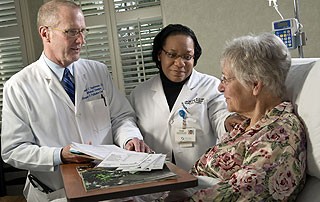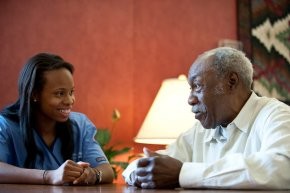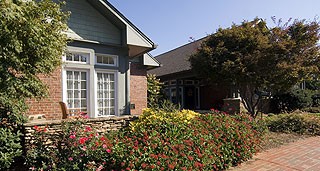Thursday August 28th, 2014
Linda Darden Named CEO of Hospice & Palliative CareCenter
FOR IMMEDIATE RELEASE (Please click here to see press release)
August 27, 2014
Linda Darden Named CEO of Hospice & Palliative CareCenter
WINSTON-SALEM, NC - The Board of Directors of Hospice & Palliative CareCenter has named Linda Darden chief executive officer, effective immediately.








